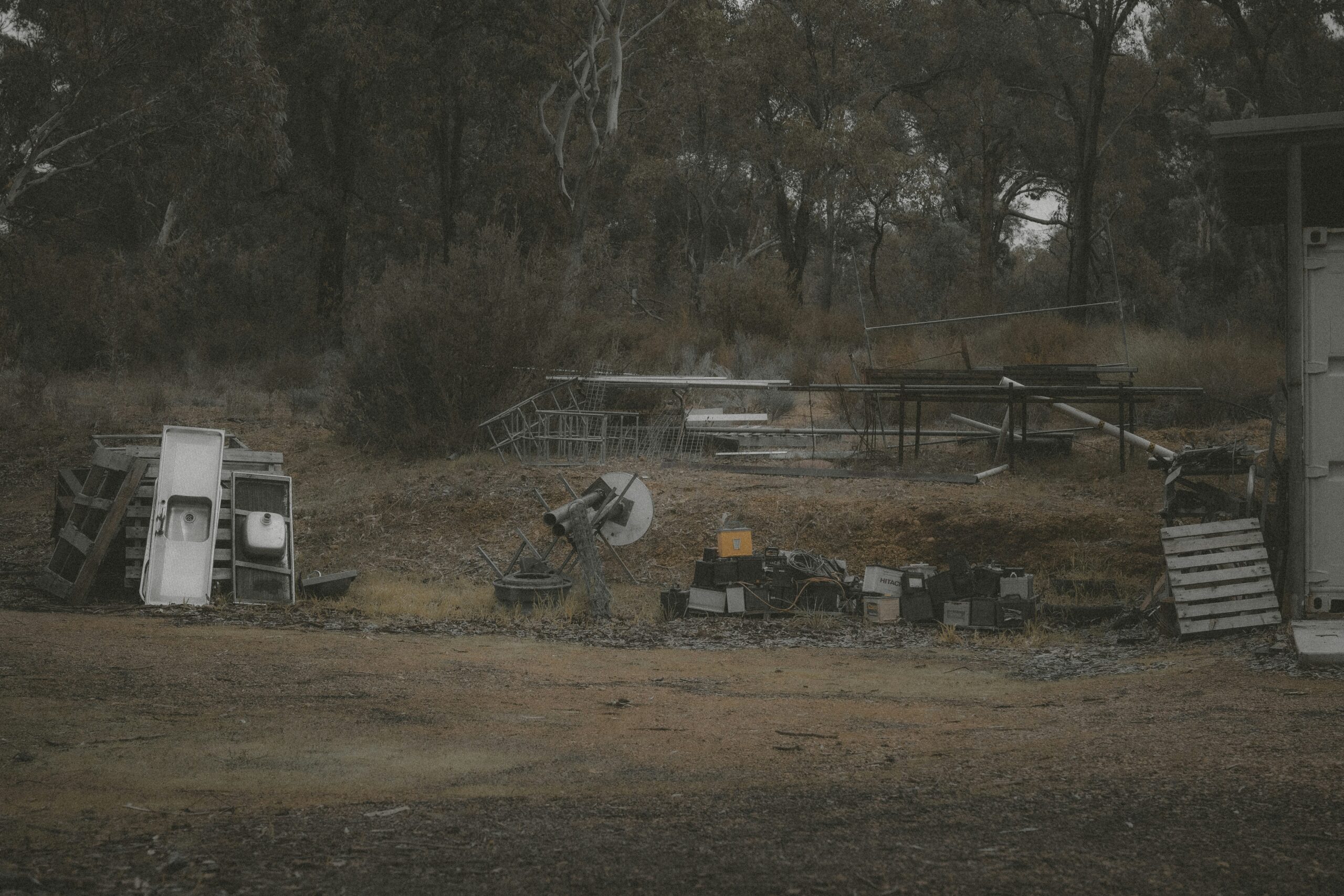“Ever wondered what happens when a government forces you to sell your business for pennies on the dollar? Yeah, us too.”
Welcome to the wild world of political risk insurance—specifically, the lifesaver known as Forced Divestiture Coverage. Whether you’re an investor working in foreign markets or just someone curious about safeguarding assets overseas, this post has your back. We’ll break down why Forced Divestiture Coverage matters, how it works, and how not to screw it up (spoiler alert: I learned the hard way).
Table of Contents
- What Is Forced Divestiture Coverage?
- Why Does It Matter?
- Step-by-Step Guide to Securing Coverage
- Pro Tips & Best Practices
- Real-Life Examples of Coverage in Action
- FAQs About Forced Divestiture Coverage
- Wrapping It Up Like a Tamagotchi
Key Takeaways
- Forced Divestiture Coverage protects against losses from involuntary asset sales due to government actions.
- It’s essential for cross-border investors operating in politically unstable regions.
- To secure coverage, you need detailed risk assessments and clear communication with insurers.
- Always review policy terms carefully; one misstep could cost you everything.
What Is Forced Divestiture Coverage?
Imagine this: You’ve invested millions in building a thriving tech startup abroad. Just as things start booming, the local government decides that foreign ownership is no longer cool. They order you to sell your stake—for half its actual value. Enter Forced Divestiture Coverage, a type of political risk insurance designed to compensate you for financial losses stemming from such situations.

This niche coverage ensures you’re financially protected if governments force sales, expropriate assets, or impose share transfer restrictions. Pretty chef’s kiss, right?
Why Does It Matter?
Straight talk: Without Forced Divestiture Coverage, you’re leaving yourself exposed to catastrophic risks in politically volatile countries. Let’s dig into why:
Optimist You:
“Expanding globally means big opportunities!”
Grumpy You:
“Yeah, but Expanding globally also means big headaches—and potential bankruptcies.”
Political instability isn’t always predictable. From nationalization policies to sudden market regulations, these events can wipe out years of investment overnight. That’s why savvy investors turn to specialized insurance like Forced Divestiture Coverage—it’s basically duct tape for global finance disasters.
Step-by-Step Guide to Securing Coverage
Alright, let’s get tactical. Here’s how to lock down Forced Divestiture Coverage:
Step 1: Conduct Thorough Risk Assessments
Work with experts to evaluate the likelihood of government interference in your target country. Look at historical data, political trends, and economic indicators. If it smells like trouble brewing, trust me—it is.
Step 2: Choose the Right Insurer
Not all insures specialize in political risk. Stick with reputable firms experienced in handling complex geopolitical claims.
Step 3: Negotiate Transparent Policy Terms
Your policy should explicitly outline triggers, compensation limits, and timelines. Don’t skimp here—I once skipped reading the fine print and ended up regretting it harder than using NSFW hashtags on LinkedIn.
Pro Tips & Best Practices
- Diversify Protection: Combine Forced Divestiture Coverage with other forms of political risk insurance like expropriation or currency inconvertibility.
- Document Everything: Keep meticulous records of investments, contracts, and communications. This becomes gold during claim processes.
- Avoid Overconfidence: “Oh, they wouldn’t mess with my industry.” Famous last words. Trust the process, not侥幸心理.
(Disclaimer: While diversifying protection sounds awesome, don’t assume having more policies automatically makes things foolproof.)
Real-Life Examples of Coverage in Action
Let’s take Eastern Europe circa early 2000s—a hotspot for privatizations gone wrong. Several Western companies lost stakes in manufacturing plants due to abrupt nationalization orders. Those with Forced Divestiture Coverage walked away with significant payouts, while uninsured competitors faced heavy losses.

Moral of the story? Always have a backup plan. Even if it seems unlikely now, those “what ifs” will keep you awake later.
FAQs About Forced Divestiture Coverage
Q: Who typically needs this kind of insurance?
A: Cross-border investors, multinational corporations, and private equity firms investing in emerging markets benefit most.
Q: Can individuals purchase this coverage?
A: Rarely. Most policies cater to institutional clients rather than solo entrepreneurs.
Q: Are there any exclusions?
A: Yes—fraudulent activities, self-inflicted regulatory violations, and acts of war are typically excluded.
Wrapping It Up Like a Tamagotchi
In summary, Forced Divestiture Coverage is a must-have shield in today’s unpredictable global landscape. By understanding its intricacies, securing proper coverage, and avoiding rookie mistakes, you’ll be better equipped to weather storms caused by political whims.
Like playing Snake on a Nokia 3310, good preparation feels painfully slow—but saves you every time.
Final Haiku:
Foreign lands entice,
But politics play rough games.
Insure before leap!


